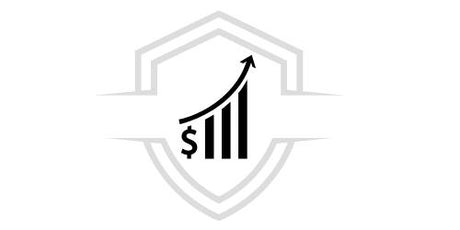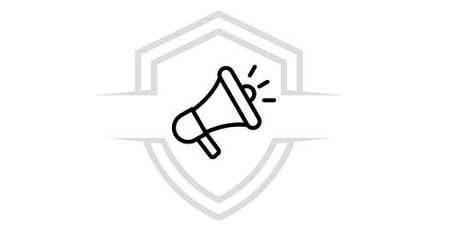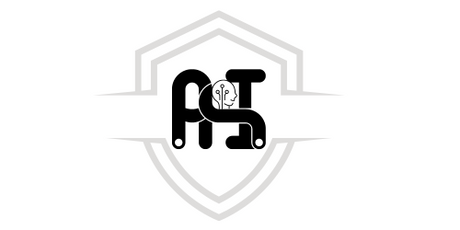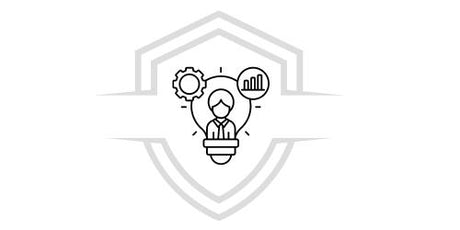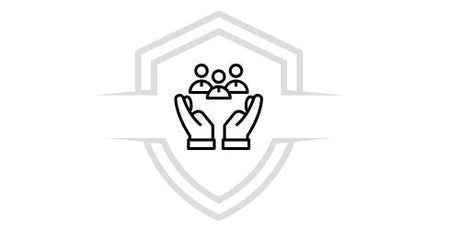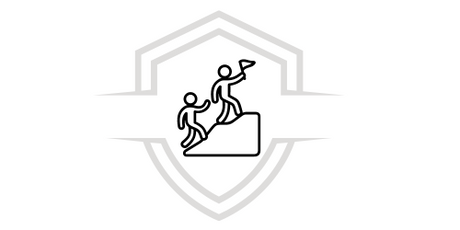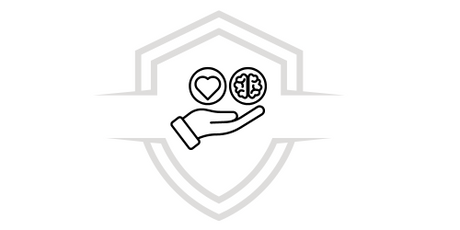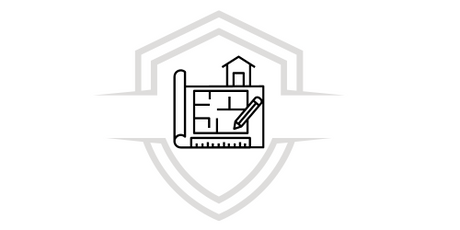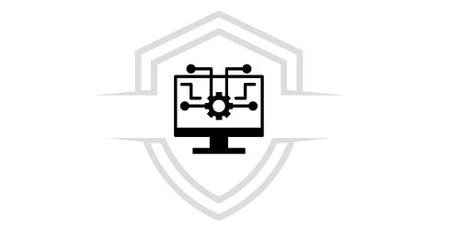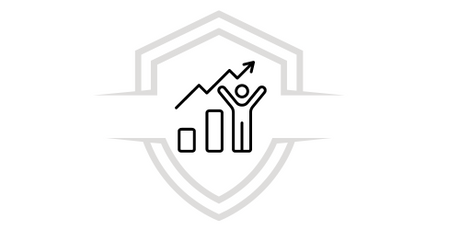Business Intelligence Analyst is a discipline that focuses on the collection, analysis, and presentation of data to help businesses make informed decisions. BI analysts are responsible for extracting valuable insights from large data sets and presenting them in a clear and concise manner so business leaders can make strategic decisions. If you're interested in becoming a successful BI analyst, here are some key skills and tools to keep in mind.
Key skills for a Business Intelligence Analyst
1. Solid technical knowledge:
A BI analyst must have a solid understanding of the technical foundations of data analysis, including statistics, mathematics, programming, and databases.
20% EXTRA DISCOUNT
Get started today and get fully certified as a Business Intelligence Analyst Professional
- 100% online at your own pace
- Practical exercises
- Lifetime Access
- Certified endorsed
Apply the coupon [ATREVETE] and get an extra 20% discount for only 100 students. Click the button and join!
2. Ability to communicate:
The analyst's job doesn't end with the analysis. He or she must be able to communicate the results to business leaders and other team members in clear and accessible terms.
3. Critical thinking:
A good analyst should be able to assess the quality and relevance of the data they are using to ensure their conclusions are accurate.
4. Curiosity:
The best analysts are curious by nature, always looking for new ways to approach problems and uncover valuable insights.
5. Ability to work under pressure:
The job of an analyst can be very demanding, especially when dealing with tight deadlines or urgent situations.
Key tools for a Business Intelligence Analyst
1. Data visualization tools:
Data visualization tools like Tableau, Power BI, and QlikView are essential for any BI analyst. These tools allow users to create interactive charts and graphs that make data easier to understand.
2. Databases:
A good analyst must have a solid understanding of databases and how to work with them. Relational databases such as MySQL and Oracle are common in the world of Business Intelligence Analyst .
3. Programming languages:
Languages like Python, R, and SQL are essential for any analyst working with large data sets.
4. Excel:
Although not a BI-exclusive tool, Excel remains an important tool for any analyst working with data.
5. ETL Tools:
ETL (Extract, Transform, Load) tools are essential for any analyst working with large data sets. These tools allow users to extract valuable information from multiple sources and transform it into a usable format.
Conclusion
Becoming a successful BI analyst requires a unique combination of technical skills, critical thinking, and the ability to communicate effectively. If you're interested in pursuing this exciting career, be sure to develop your technical skills and familiarize yourself with the key tools used in the BI industry. With time and experience, you can become an expert in business analytics and help your company make informed, data-driven decisions.






